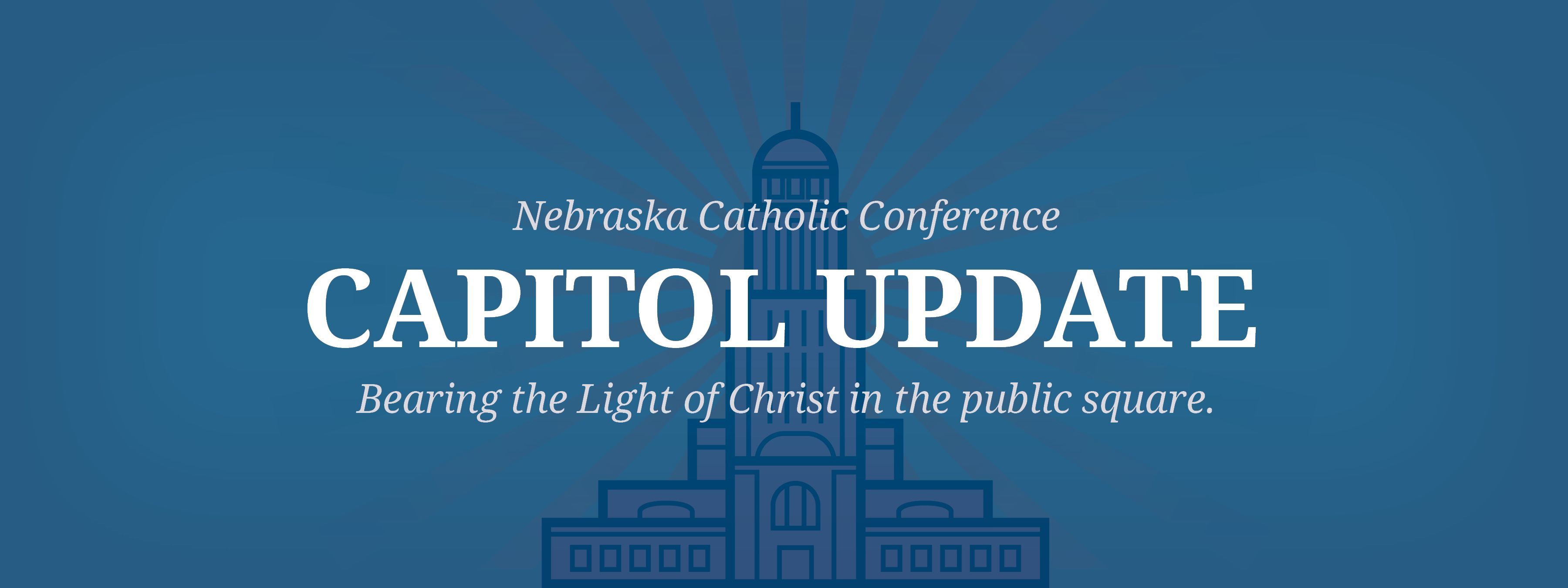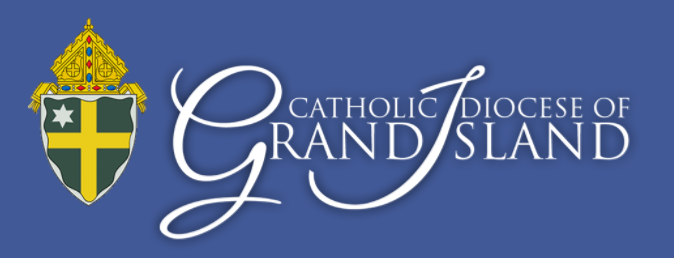Every year since I’ve been the Nebraska Catholic Conference Executive Director, I have written a column at this point in the liturgical year reflecting on the Solemnity of Our Lord Jesus Christ, King of the Universe, and how this Solemnity can and should guide our politics. Well, every year, except for my first year. But don’t fault me for rookie mistakes.
This year I wondered to myself whether it was worth revisiting this liturgical feast. After all, there are endless events in the political world seemingly worth writing about.
But two things dawned on me. First, why not start a tradition? Second, and most importantly, the Solemnity of Our Lord Jesus Christ, King of the Universe is, as I wrote last year, “a feast worth pausing for.”
The Solemnity marks the end of one liturgical year and brings us into the dawn of another, the anticipation of the Christ Child, Advent. Like any good ending, the Solemnity of Christ the King leaves you desiring more. It is a feast pregnant with meaning that can guide our everyday lives in the journey toward Heaven.
In contemplating the names of Jesus, we often think of Him in other terms: Savior, Lord, God, Son of the Father, Messiah. But not so much as King of the Universe.
If we think of Him as King, we likely consider Him as we stand at the foot of the cross and look upwards: INRI—Jesus Christ, King of the Jews. We think of the One Who came to rescue the people of Israel, those who long-awaited a Savior to rebuild the temple and fulfill the promises made to Abraham, Isaac, and Jacob. We think of the One Who was utterly dejected. The One Who, as Psalm 22 so starkly puts it, was “scorned by everyone, despised by the people.” The One Who was considered Himself as a “worm and no man.” The One Who was laid “in the dust of death” and for whom the “dogs have surrounded.” The One Who we “[tore] holes in [his] hands and [his] feet.”
If we think of Christ’s Kingship, we likely envision the Pierced One of Israel.
We think of Kingship restricted to some transcendent religious sphere, which has little to do with the concerns of the world, let alone politics. This could not be further from the truth.
As Pope Pius XI, who issued Quas Primas, the encyclical which instituted this glorious Solemnity: “Do we not read throughout the Scriptures that Christ is King?”
Scripture—both in the Old and New Testament—clearly reveals to us the multifaceted dynamics of Christ’s Kingship. His Kingship mostly certainly resides in the fact that He is our Redeemer, the Redeemer of “Jew and Greek” alike. And His Kingship extends to all affairs in Heaven and on Earth, this includes civil and political affairs.
Pope Pius XI emphatically states: “It would be a grave error… to say that Christ has no authority whatever in civil affairs, since, by virtue of the absolute empire over all creatures committed to him by the Father, all things are in his power. Nevertheless, during his life on earth he refrained from the exercise of such authority, and although he himself disdained to possess or to care for earthly goods, he did not, nor does he today, interfere with those who possess them.”
What does it mean that Christ does not interfere with the civil and political realm? Does He not care for the civil and political realm, but only the religious and other realms?
Christ most certainly cares for the advancement of the common good. He deeply desires that human dignity be protected in the laws of every governing body. He hopes that virtue is exemplified by every sovereign authority, elected or not.
So, then, what does it mean that He does not interfere?
It seems, as Pope Pius XI asserts in Quas Primas, that Christ honors and respects our free will. He desires that public authorities “will not neglect the public duty of reverence and obedience to the rule of Christ.” He desires that all men and women “recognize, both in private and public life, that Christ is King[.]” He desires, but He will not force these things.
If He will not coerce or force reverence and obedience, the question becomes for us: Are we willing to freely give of ourselves—individually and collectively—to Christ the King? Will we offer him “humble and contrite hearts” who seek His peace and justice?
Without any of this, Pope Pius XI prophetically proclaims, “human society [will] totter[] to its fall, because it has no longer a secure and solid foundation.” But with it, “society will at last receive the great blessings of real liberty, well-ordered discipline, peace and harmony.”
In a divided nation, let us offer in prayer and action our country to Christ, King of the Universe. Viva Cristo Rey!







